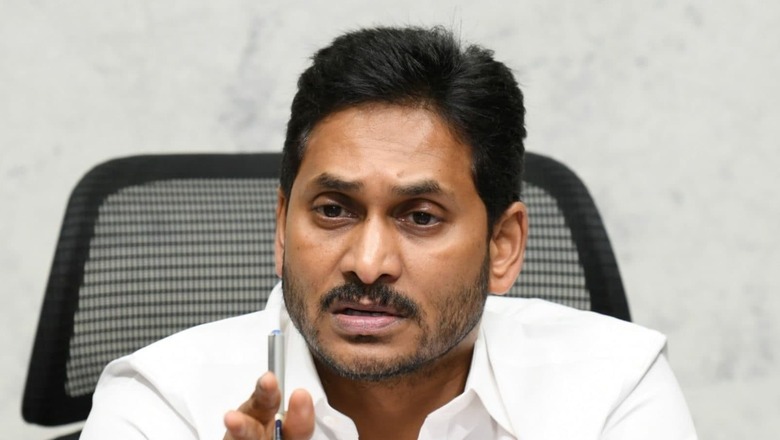
views
After demands for a caste-based census from Bihar and Jharkhand, Andhra Pradesh also passed a resolution to request the Centre to conduct a caste-based census of backward classes in India. During the assembly session on Tuesday, state minister for backward classes welfare, Chelluboyina Srinivasa Venu Gopala Krishna introduced the resolution following the state cabinet’s unanimous approval on October 28 to introduce the resolution in the assembly.
Speaking at the assembly, chief minister YS Jagan Mohan Reddy said, “Be it academic, social, financial or political… If we have the specifics of a community in advance, governments will have more clarity on what action should be taken. Everyone is aware of the fact that there are castes in the country, we have been collecting data on scheduled castes and scheduled tribes in the census since independence and enactment of the Constitution in 1951. Now, it is essential to broaden our view and find out why it is necessary to include details of BCs (backward classes) in the census.”
During the discussion on the resolution, Chelluboyina said, “As a BC citizen, I thank the CM for giving me the opportunity to be the minister of BC welfare in a government that has worked towards the upliftment of the backward classes, who were grossly ignored by the previous government at all possible levels. From nominated posts to creating 56 corporations to creating posts of directors to extending financial assistance under a plethora of welfare schemes, this government has prioritised the welfare of BCs. The directors of corporations being sworn in on the same stage as the CM says a lot about the pedestal that the CM has placed the community on.”
Why the clamour for a caste-based census
Not just Bihar and Jharkhand, opposition parties in Maharashtra and Uttar Pradesh have also demanded caste-based census of backward classes. The central government, however, has categorically refused for such a census citing operational difficulties. Census operations in India are one of the largest in the world and enumerate different characteristics of the population, covering important parameters like education, literacy, health and other aspects.
The last caste-based census in India was conducted in 1931. Since then, a caste-based census has not been conducted and is one of the demands from different forums, organisations, thinkers and intellectuals to meet the interests and aspirations of the backward classes. At present, there is no scientific data regarding the population of the backward classes to ascertain their social, educational and economic backwardness.
Article 15(4) and 16(4) of the Constitution state that special provisions for the advancement of any socially and educationally backward class can be made. The lack of scientific data regarding backward classes is proving to be a hindrance for the government, resulting in limitations to implement initiatives to benefit the community when it comes to welfare schemes, measures and other developmental activities.
Read all the Latest Politics News here

















Comments
0 comment